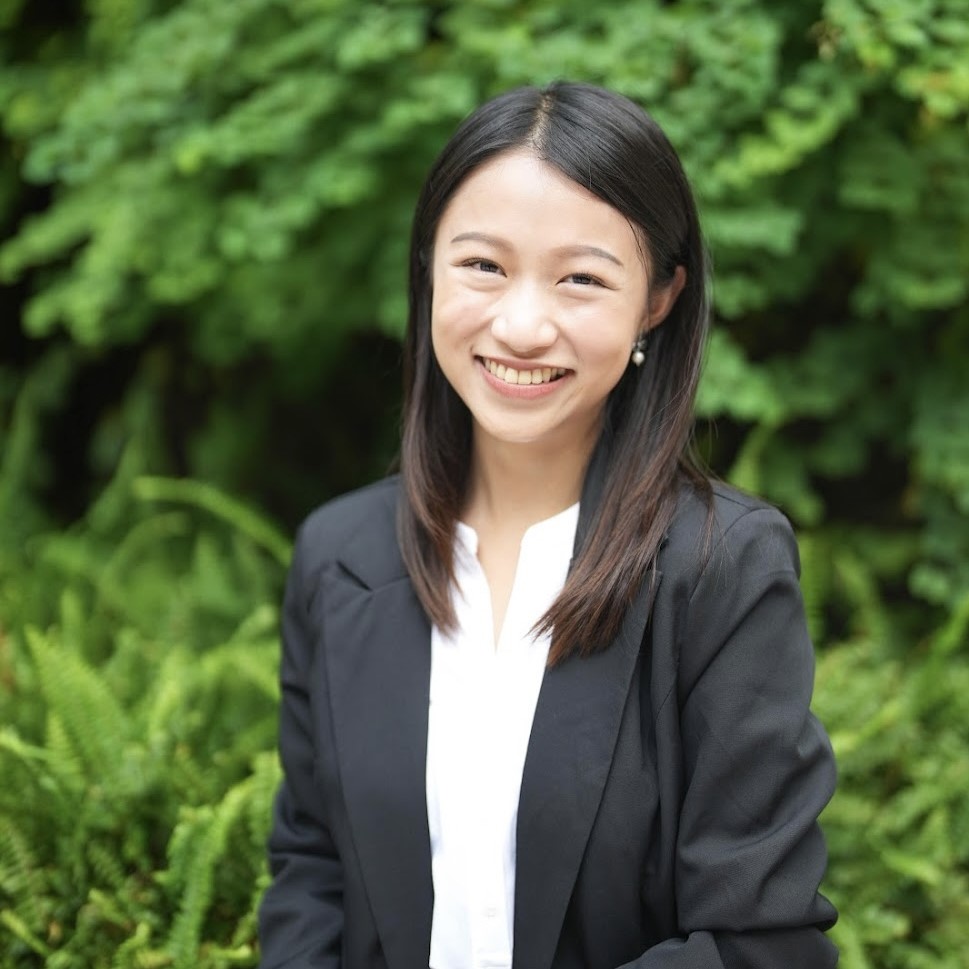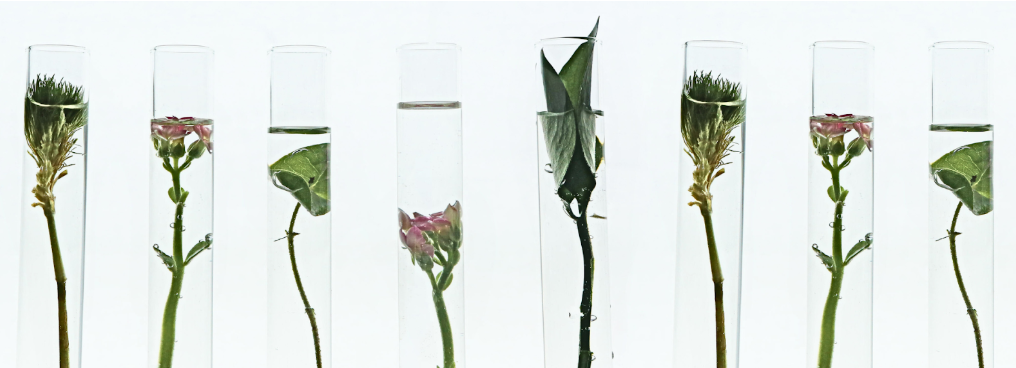This blog post represents the author’s views and should not be interpreted as professional/medical advice or endorsed by NEDA.
The “model minority myth” paints a deceptively simple picture: Asian Americans and other minorities achieving seamless success in the U.S. through relentless hard work, intelligence, and an unwavering focus on academic and career success. This stereotype echoes through the roles we see in 2000s sitcoms—the “Asian friend”, always the overachiever, the awkward engineer, or the wealthy but overlooked suitor.
But here’s the truth: This stereotype not only diminishes our individual and cultural diversity, but also reinforces the harmful notion that we must work exhaustingly to match or surpass the mainstream population’s level of success.
Such expectations are internalized, particularly by first or second-generation Asian American immigrants like myself. It makes it incredibly challenging to allow ourselves time to rest, admit when we are struggling, prioritize our well-being, and seek necessary help.
This dynamic plays a significant role in the development and maintenance of eating disorders. At 14, when I moved to Canada alone for high school, I didn’t think my struggles warranted attention until my doctor warned me about dangerously low liver enzymes, threatening my ability to finish the semester unless I took action. Even with this stark warning, I felt like a failure. It was only through the support and encouragement of my medical team that I began to recover, accepting that I am human, deserving of rest, balance, and support.
Reflecting on this years later, while working in the mental health and eating disorder field, I understand how these pressures impact young AAPI individuals across North America. Granting ourselves permission to heal is often the hardest part of recovery. To support young Asian people in similar struggles, I founded the Leading Eating Disorder Awareness Project for AAPI, aiming to foster a supportive community that can empower others to heal.
If you’re reading this and recognize your own struggle in my words, let this be your sign: It’s okay to step back, to acknowledge your needs, and to seek support. You are not defined by your productivity or your adherence to an outdated stereotype. Healing begins with allowing yourself to be imperfect, to be human. You deserve to find balance, to prioritize your health, and to embrace your own path to healing.
Yvonne Kong was born in Hong Kong and raised in Toronto, Ontario. Now based in Seattle, WA, she serves as a program therapist at the Eating Recovery Center and Pathlight Mood and Anxiety Center. Yvonne founded the Leading Eating Disorder Awareness Project (LEAP) for AAPI, an initiative dedicated to supporting AAPI individuals and families affected by eating disorders through culturally-targeted resources. Yvonne is an aspiring pediatric psychiatrist who hopes to advance early screening and intervention strategies for mental health in at-risk youth through dedicated research and quality patient care






